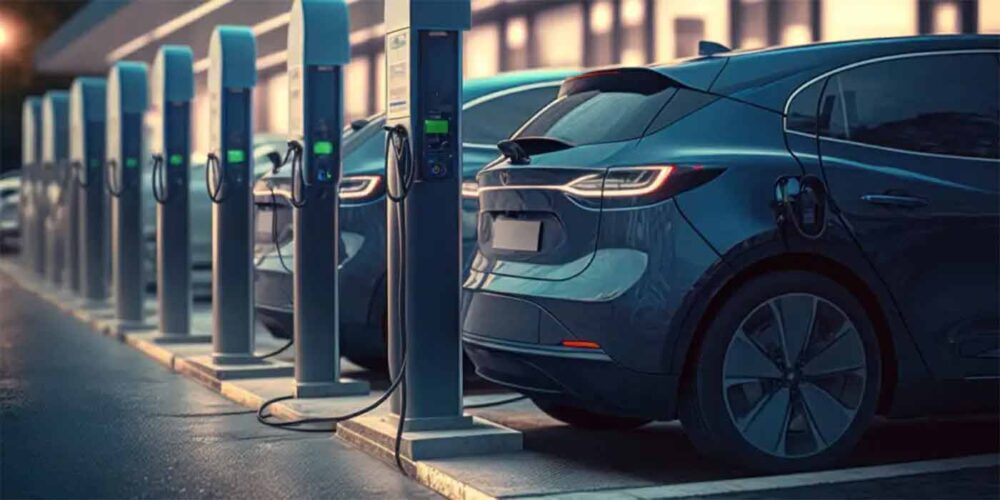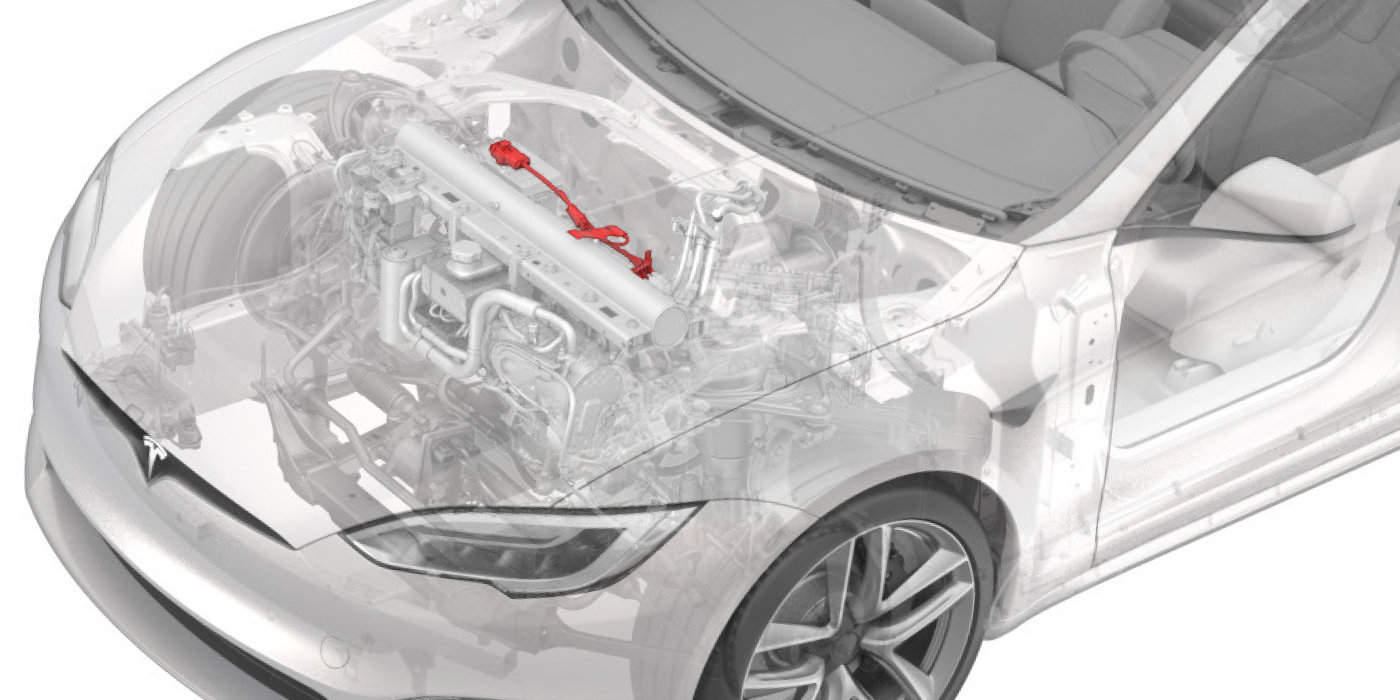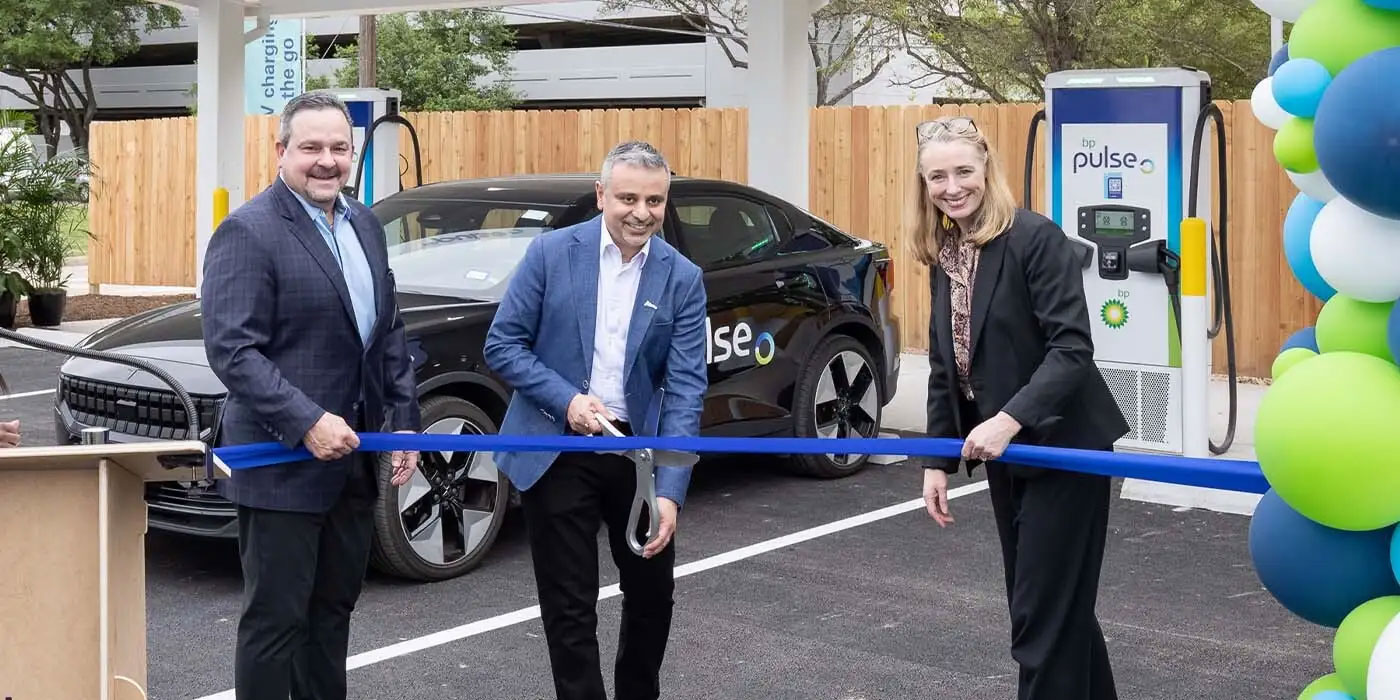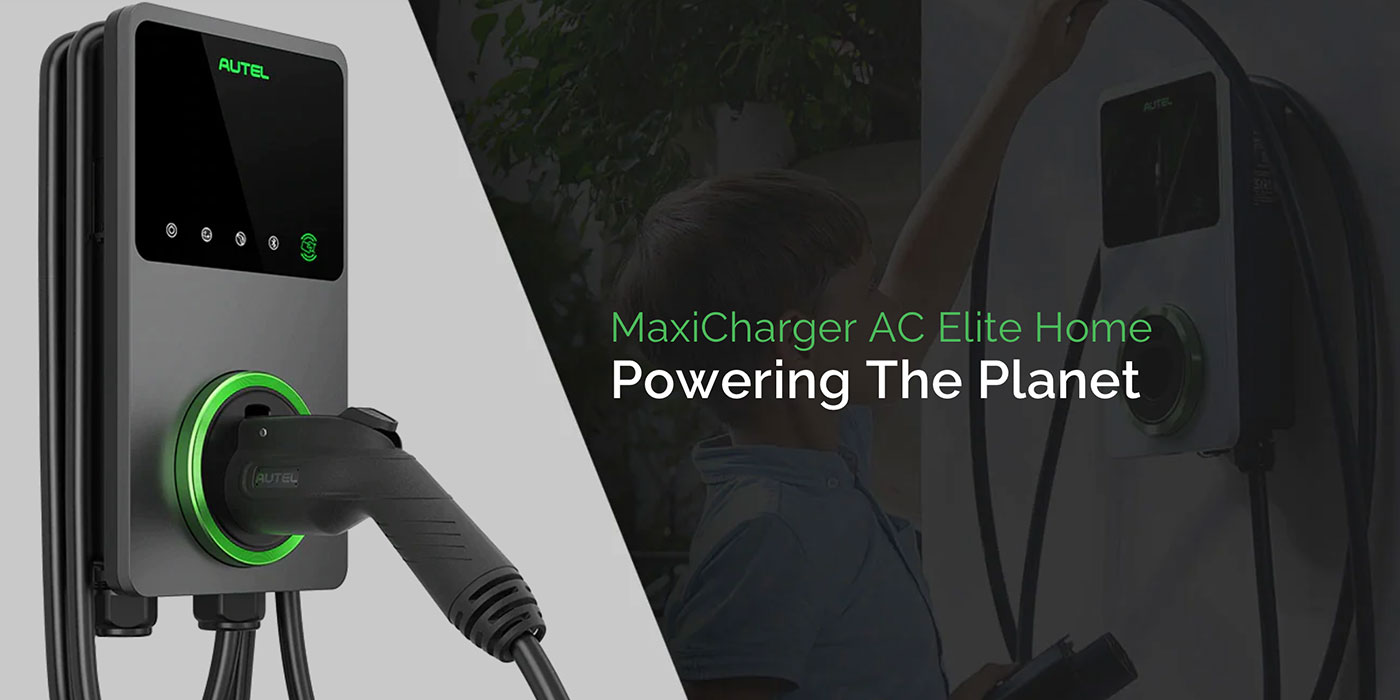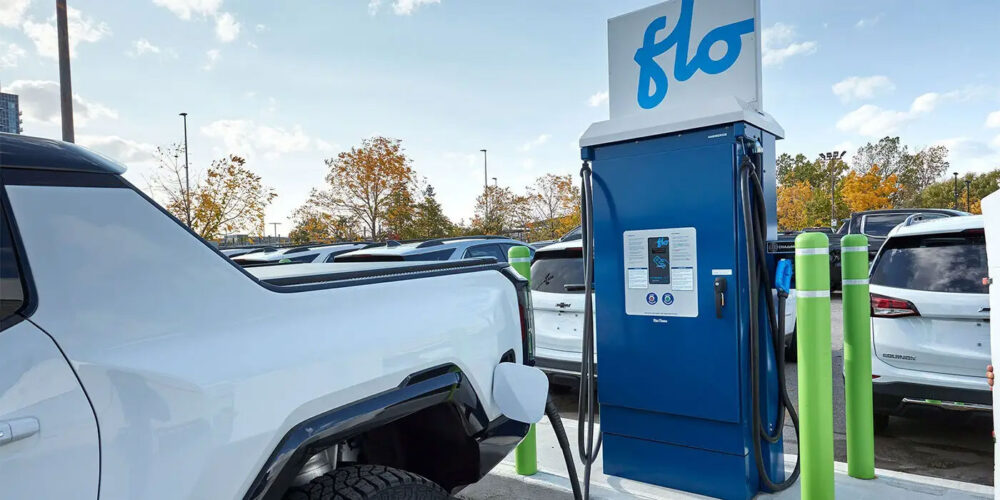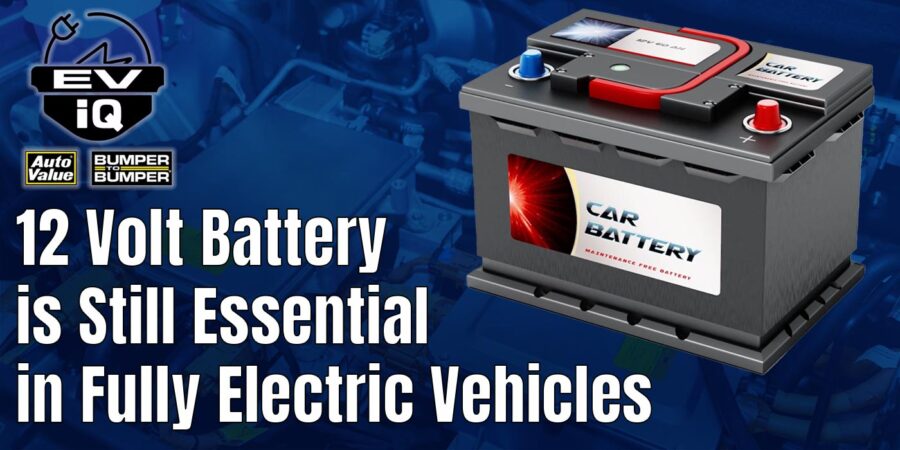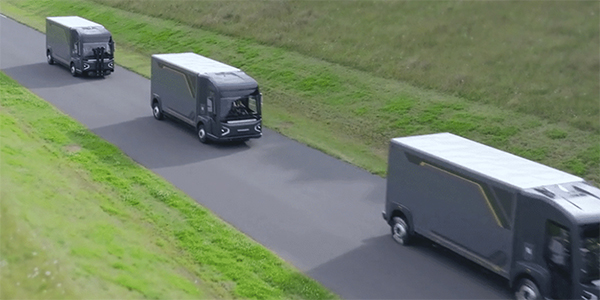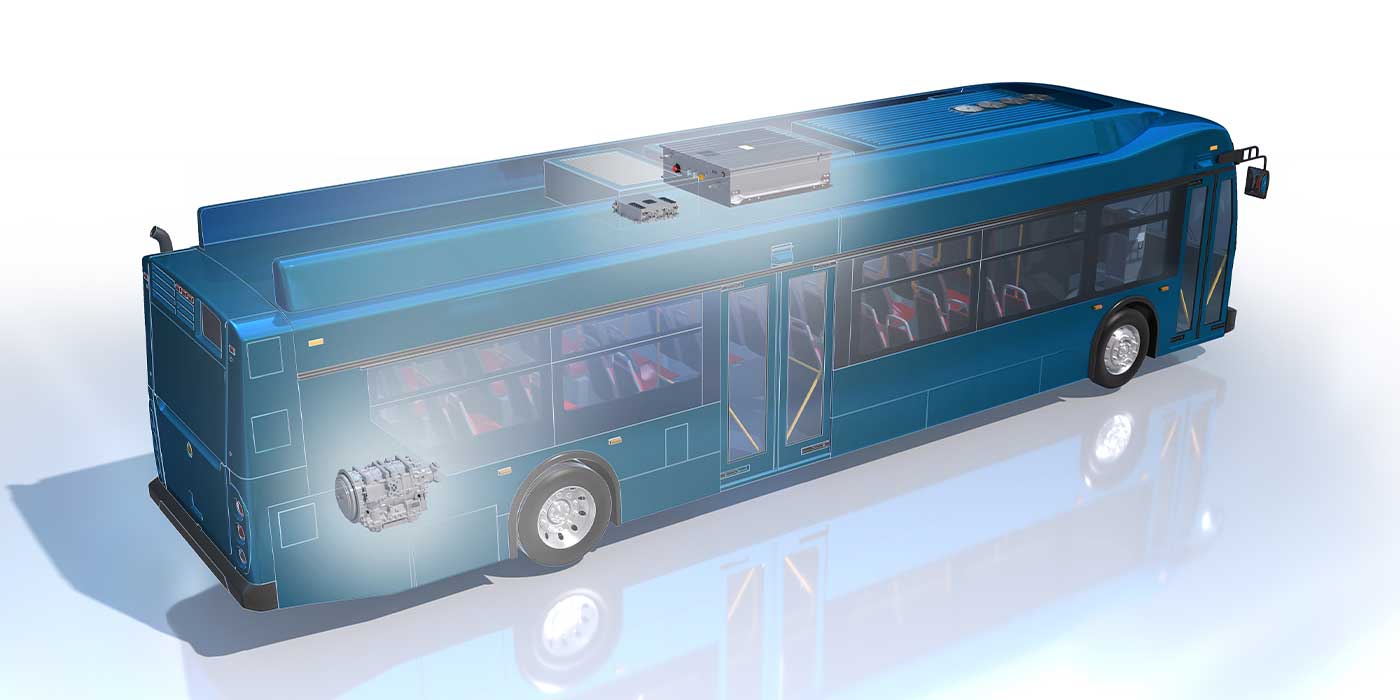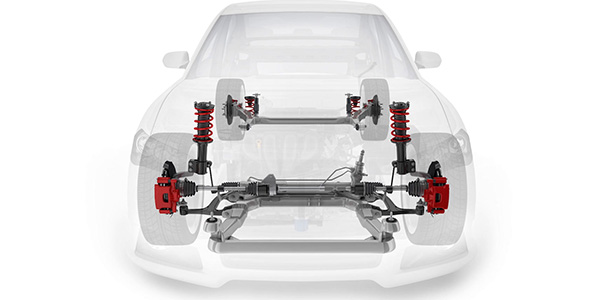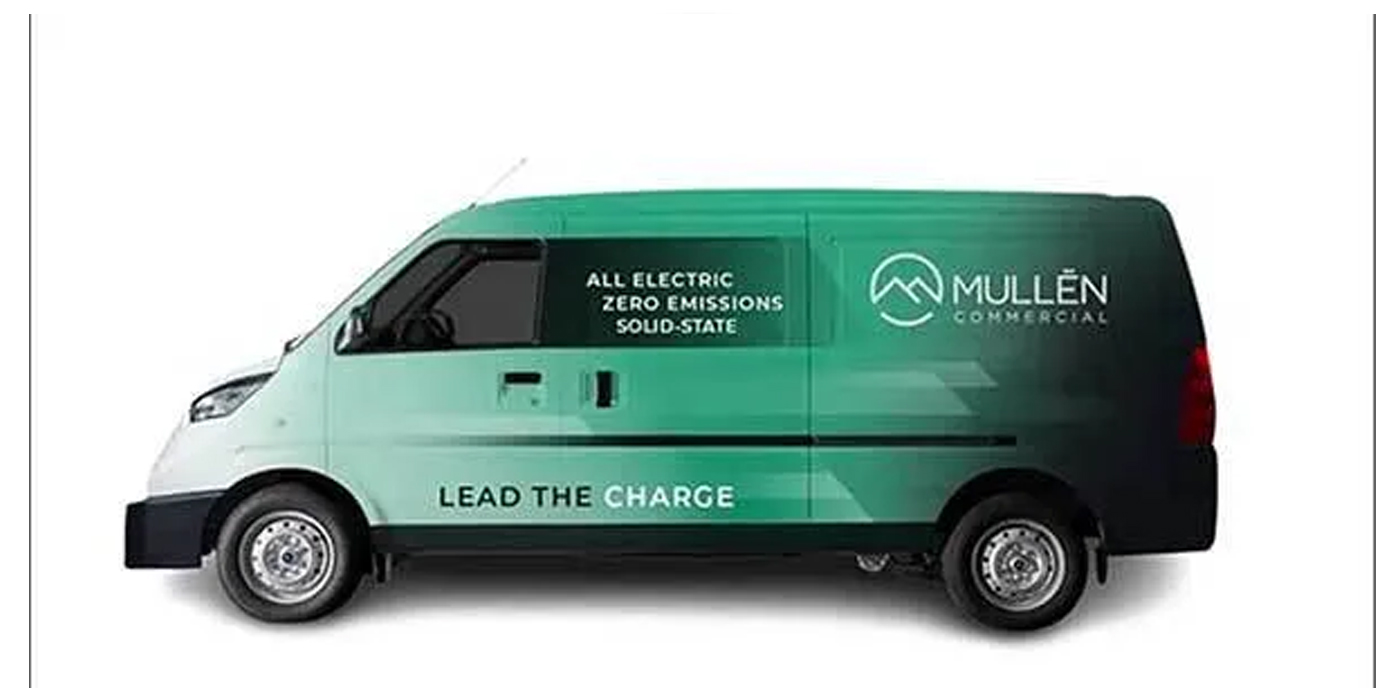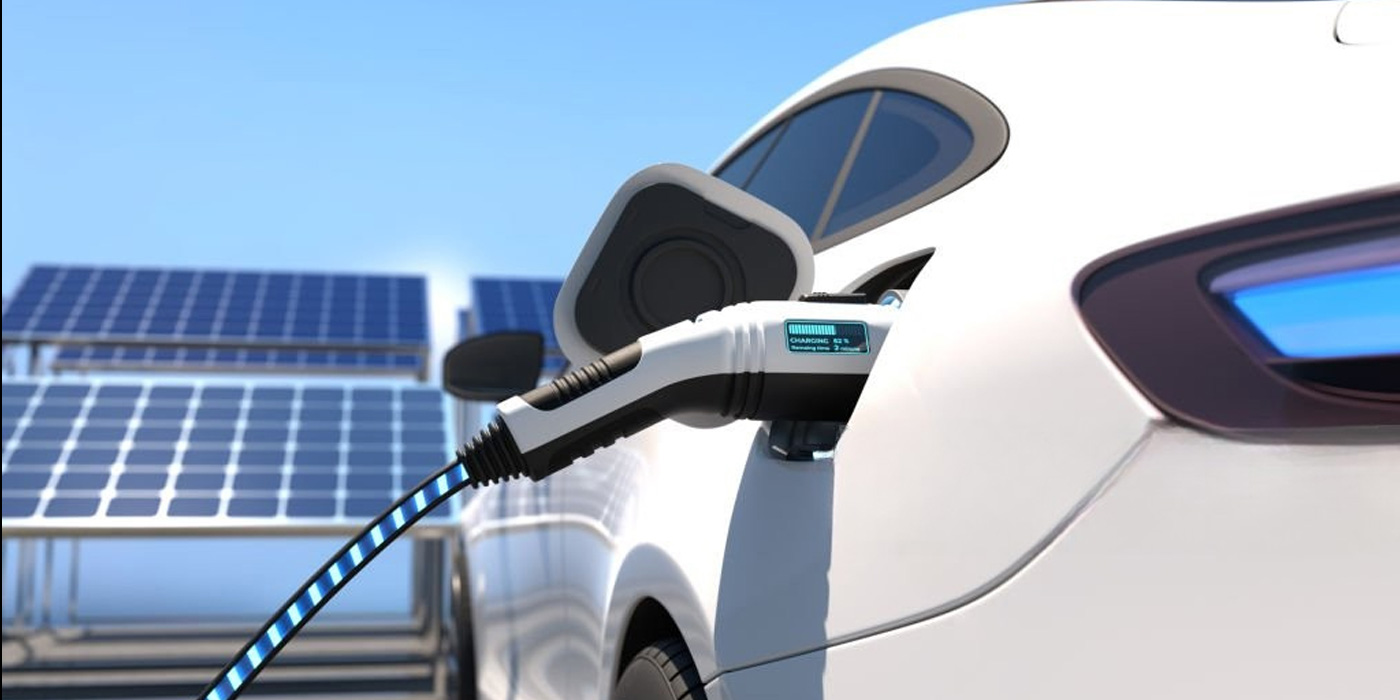As the pace of electric vehicle (EV) adoption accelerates nationwide, Duke Energy said it launched an EV charger rental program in North Carolina that enables residential and business customers to lease an EV charger from the company at a monthly cost, which covers hardware, warranty and maintenance.
The Charger Solution program – approved by the North Carolina Utilities Commission last August – offers customers a wide range of charger options and guides customers through the selection process when evaluating charging station options, Duke Energy said.
“Duke Energy continues to prepare for the electric vehicle transition, as more customers consider and choose EVs,” Kendal Bowman, Duke Energy North Carolina president said. “By offering a variety of charger solutions, we hope our customers feel confident that they have a choice to fit their needs, with the reassurance they can rely on our expertise for maintenance.”
The program enables customers to select from several chargers based on their individual preferences, lifestyle or business needs. Residential options start at around $14 per month and include a three-year rental term for a Level 2 charger, which can typically fully recharge an all-electric vehicle within eight to 10 hours. Non-residential options vary based on the charger and include a four-year rental term for a Level 2 charger or a seven-year rental term for a DC Fast Charger.
Duke Energy said its “Charger Solution” program supports the state’s clean energy goals, including 1.25 million EVs in North Carolina by 2030. Its launch comes on the heels of a successful first year for the company’s Charger Prep Credit program, which has prepped more than 6,000 North Carolinians for a Level 2 charger by providing a credit to help defray the cost of upgrading their existing electrical infrastructure at their home or business.
The complementary Charger Solution and Charger Prep Credit programs are part of Duke Energy’s “EV Complete” suite of customer program offerings in North Carolina, the company said.
Duke Energy also launched a 12-month EV charging subscription pilot program last September in North Carolina – the Home Charging Plan. The pilot allows enrolled residential customers in the state to charge an EV at home for up to 800 kilowatt hours (kWh) per month for a fixed monthly fee. Participating customers allow Duke Energy to manage charging through their automaker app and participate in periodic demand response events.
Periodic demand response events will help Duke Energy operate the grid more effectively by shifting demand on the grid to hours of the day where clean energy supply is more available or cost-effective for customers, the company said. The subscription pilot – which generated high participation interest – is currently closed to new enrollments in North Carolina.
“We develop our EV programs the same way we do all of our programs – with a customer-focused approach intended to serve their individual and business needs and lifestyles by offering a menu of options,” Lon Huber, senior vice president of pricing and customer solutions, said. “A variety of programs not only benefits our customers, but it helps Duke Energy provide the reliability that our customers count on every day.”
Duke Energy said it has efforts underway to file for regulatory approval of similar programs across all its service areas. In total, the company has 17 active and approved EV programs and two pending approval.

